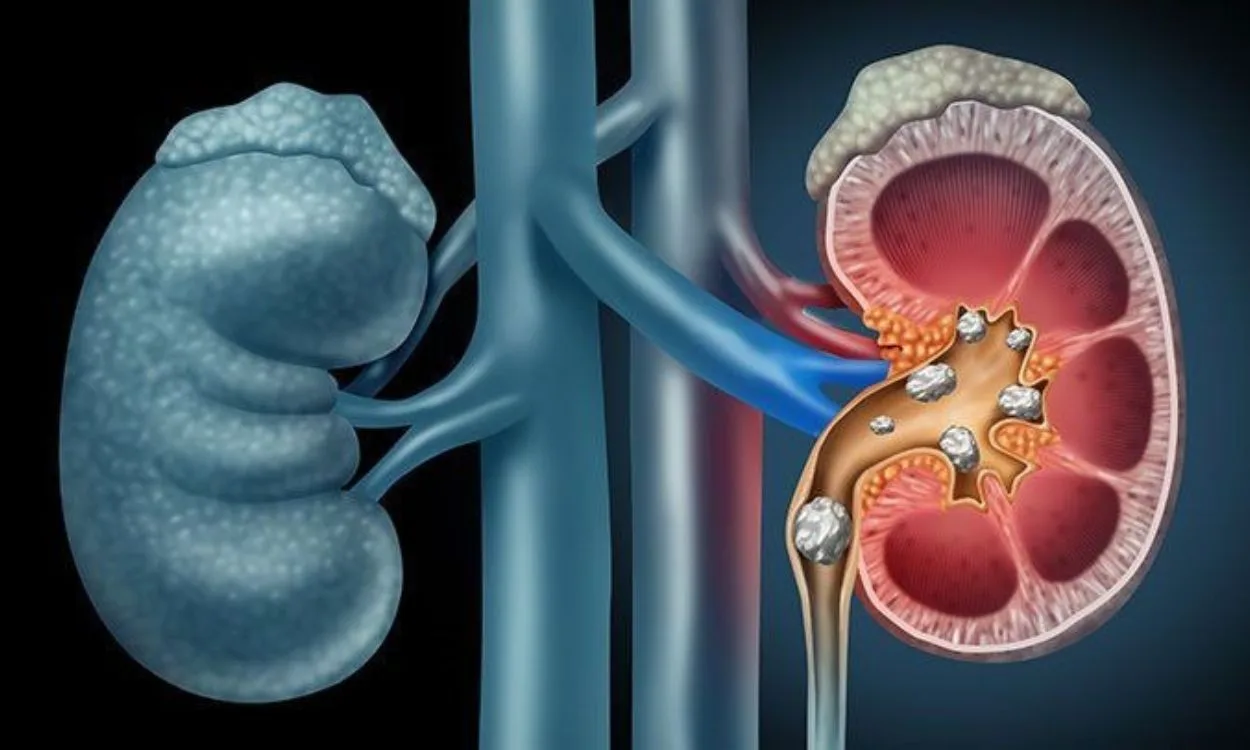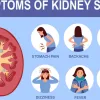How Are Kidney Stones Diagnosed and Treated?
Kidney stones are a common condition that affects millions of people worldwide. These hard deposits form in the kidneys and can cause severe pain and discomfort. If you suspect you may have kidney stones, it is important to seek proper diagnosis and treatment. In this article, we will discuss the process of diagnosing and treating kidney stones, and how you can find relief from this condition.
Diagnosing Kidney Stones
- Medical History: The first step in diagnosing kidney stones is to discuss your symptoms and medical history with a healthcare professional. They will ask about your symptoms, such as pain in the lower back or abdomen, blood in the urine, and frequent urination.
- Physical Examination: A physical examination may be conducted to check for any signs of tenderness or swelling in the abdomen or back.
- Urine Analysis: A urine sample will be collected to check for the presence of blood, crystals, or infection. This can help determine if kidney stones are the cause of your symptoms.
- Imaging Tests: Various imaging tests may be used to visualize the kidneys and detect the presence of kidney stones. These may include:
- Ultrasound: This non-invasive procedure uses sound waves to create images of the kidneys and urinary tract. It can help identify the location and size of kidney stones.
- X-ray: X-rays can detect the presence of kidney stones, especially those made of calcium. They may not be able to detect other types of stones, such as uric acid stones.
- CT Scan: A computed tomography (CT) scan provides detailed images of the kidneys and urinary tract. It is considered one of the most accurate methods for diagnosing kidney stones.
- MRI: In some cases, magnetic resonance imaging (MRI) may be used to diagnose kidney stones. This imaging technique does not use radiation and provides detailed images of the kidneys and surrounding structures.
Treating Kidney Stones
Once kidney stones are diagnosed, treatment options will be recommended based on factors such as the size and location of the stones, as well as the severity of symptoms. Here are some common treatment approaches for kidney stones:
- Drinking Plenty of Fluids: In many cases, small kidney stones can pass on their own with increased fluid intake. Drinking plenty of water and other fluids can help flush out the stones through urination.
- Pain Relief Medications: Over-the-counter or prescription pain medications may be recommended to manage the pain associated with kidney stones. Nonsteroidal anti-inflammatory drugs (NSAIDs) are commonly used for this purpose.
- Medications to Assist Stone Passage: Medications such as alpha blockers may be prescribed to relax the muscles in the urinary tract, making it easier for the stones to pass through.
- Extracorporeal Shock Wave Lithotripsy (ESWL): This non-invasive procedure uses shock waves to break up kidney stones into smaller fragments, which can then pass out of the body more easily.
- Ureteroscopy: In this procedure, a thin tube is inserted into the ureter to directly visualize and remove or break up the kidney stones. This may be done with or without laser technology.
- Percutaneous Nephrolithotomy (PCNL): PCNL is a surgical procedure used for larger kidney stones. A small incision is made in the back to access the kidney, and the stones are removed or broken up using specialized tools.
- Preventive Measures: Once the kidney stones are treated, preventive measures will be recommended to reduce the risk of recurrence. This may include dietary modifications, increased fluid intake, and medication to prevent stone formation.
Discover Fitpaa for Holistic Health and Wellness
If you are looking for a comprehensive approach to your health and wellness beyond kidney stone treatment, Fitpaa is here to support you. Fitpaa is an innovative mobile app that offers personalized health and fitness solutions to help you achieve your goals. With Fitpaa, you can receive guidance from a team of experts, access workout plans, track your progress, and more.
Fitpaa’s holistic approach focuses on strengthening all 11 organ systems of the body to deliver guaranteed results. By optimizing your metabolism and providing personalized fitness plans, Fitpaa can help you achieve your health and fitness goals with a 100 percent guarantee.
To experience the joy of getting fit and excel at life, download the Fitpaa app today. Your wellbeing is our mission, and we are passionate about helping you achieve your health and fitness goals. With Fitpaa, nothing is impossible!
Download the Fitpaa app and embark on your journey towards a healthier and happier life.









